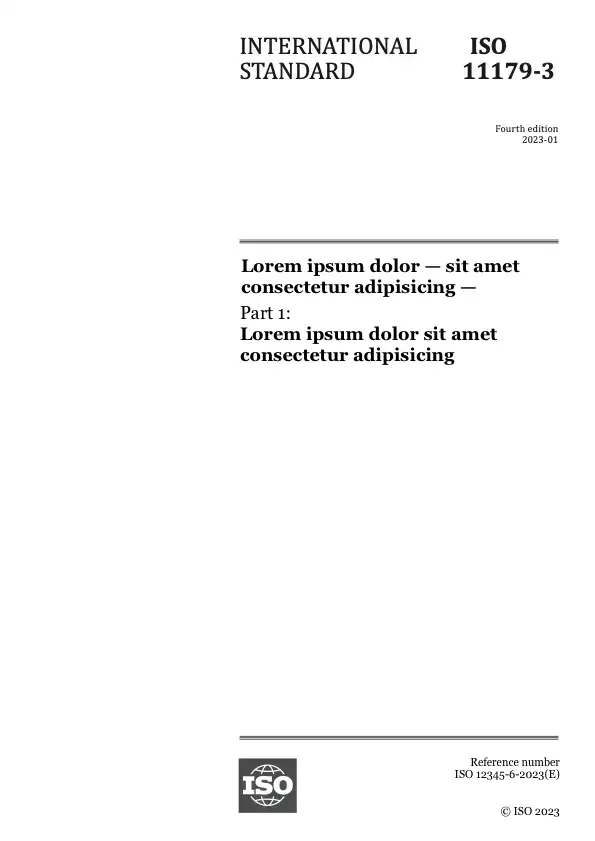Тезис
ISO/TS 16780:2015 specifies a method for the determination of polychlorinated naphthalenes (PCNs), where "poly" means "mono" to "octa", in waters and waste waters [containing less than 2 g/l solid particulate material (SPM)] using high resolution gas chromatography?high resolution mass spectrometry (HRGC?HRMS).
NOTE 1 The congeners analysed by this method are listed in Table 1.
The working range of the method is 20 pg/l to 8 ng/l. The method is optimized for PCNs, but can be modified to include other coplanar compounds such as polychlorinated dioxins and furans (PCDDs/PCDFs) and dioxin-like tetra- to heptachlorinated biphenyls (dlPCBs). This method can be used to determine PCNs in other matrices (e.g. biota, sediments, air); however, additional clean-up steps and techniques can be necessary for samples with high organic loadings. Low resolution mass spectrometry (LRMS) and mass spectrometry?mass spectrometry (MS?MS) can be used.
NOTE 2 LRMS and MS?MS conditions are summarized in Annex A.
Both LRMS and MS?MS can be less selective than HRMS and there is a possibility of bias due to interfering compounds if these techniques are used.
The detection limits and quantification levels in this method are dependent on the level of interferences as well as instrumental limitations.
NOTE 3 The minimum levels (ML) in Table 4 are the levels at which the PCNs can typically be determined with no interferences present.
This method is performance based. The analyst is permitted to modify the method, e.g. to overcome interferences, provided that all performance criteria in this method are met.
NOTE 4 The requirements for establishing method validation or equivalency are given in Clause 9.
Preview
Общая информация
-
Текущий статус: ОпубликованоДата публикации: 2015-08Этап: Подтверждение действия между-народного стандарта [90.93]
-
Версия: 1
-
Технический комитет :ISO/TC 147/SC 2ICS :13.060.50
- RSS обновления
Жизненный цикл
-
Сейчас
ОпубликованоISO/TS 16780:2015
Стандарт, который пересматривается каждые 5 лет
Этап: 90.93 (Подтверждено)-
00
Предварительная стадия
-
10
Стадия, связанная с внесением предложения
-
20
Подготовительная стадия
-
30
Стадия, связанная с подготовкой проекта комитета
-
40
Стадия, связанная с рассмотрением проекта международного стандарта
-
50
Стадия, на которой осуществляется принятие стандарта
-
60
Стадия, на которой осуществляется публикация
-
90
Стадия пересмотра
-
95
Стадия, на которой осуществляется отмена стандарта
-
00
Появились вопросы?
Ознакомьтесь с FAQ
Часы работы:
Понедельник – пятница: 09:00-12:00, 14:00-17:00 (UTC+1)
